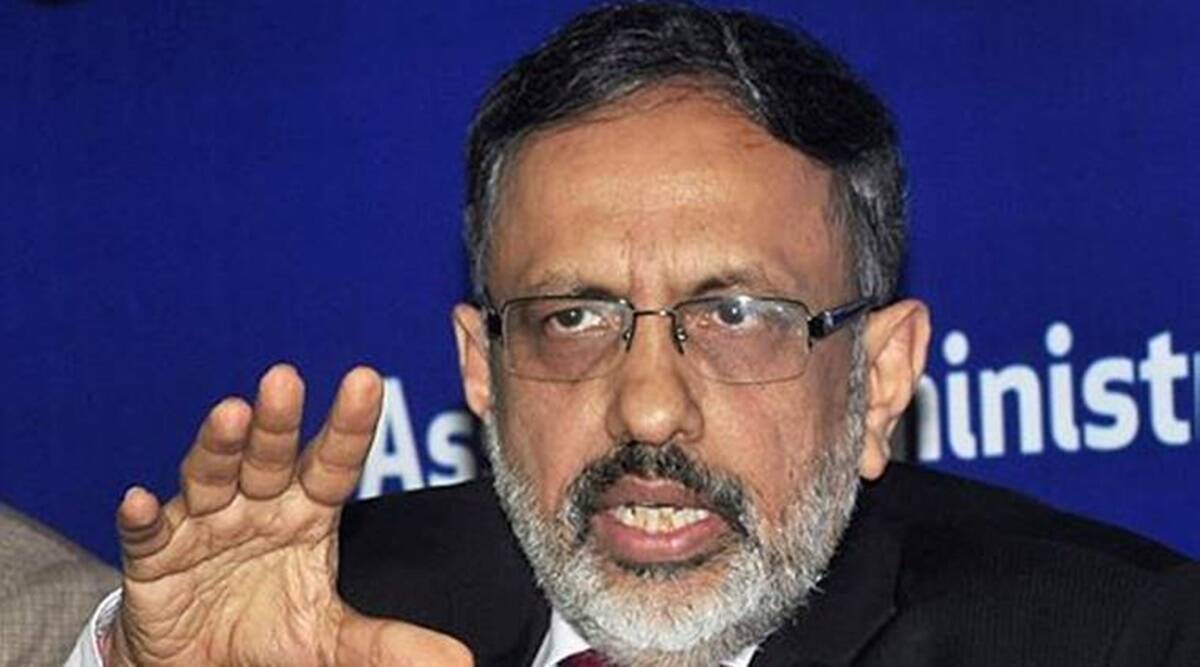A panel of top officials headed by Cabinet Secretary Rajiv Gauba will oversee the implementation of the Mission Karmayogi programme in all ministries and departments. The mission, being anchored by the Capacity Building Commission, constituted by Prime Minister Narendra Modi, seeks to train the bureaucracy into a citizen-centric approach rooted in Indian ethos and culture.
“It’s the Cabinet Secretariat’s coordination committee which will oversee Mission Karmayogi. It will review progress and guide the government to train and upgrade competencies to match the role of all public servants,” a senior official told The Indian Express Monday.

A Cabinet Secretariat Coordination Unit (CSCU) was recently set up under the National Programme for Civil Services Capacity Building (NPCSCB) or Mission Karmayogi. The CSCU will have as members a nominee of the Prime Minister’s Office (PMO), Secretary (coordination), Cabinet Secretariat, DoPT Secretary, Home Secretary, Expenditure Secretary, Environment, Forest and Climate Change Secretary, Higher Education Secretary and Revenue Secretary.
While the chief executive officer of Karmayogi Bharat and secretary of Capacity Building Commission will be permanent invitees to this 12-member panel, the additional secretary/joint secretary (training), DoPT will be the member secretary, according to the order.
“The key philosophy of NPCSCB is to create an ecosystem of competency-driven training and Human Resource management by transitioning from a ‘rules-based’ system to the ‘roles-based’ system,” according to the mandate of the programme.
The CSCU will monitor the implementation of NPCSCB and undertake activities like overseeing the formulation of the National Capacity Building Plan (NCBP) and place it for the approval of the Prime Minister’s Human Resource Council (PMHRC), and periodically monitor the implementation of Annual Capacity Building Plans, among others, it said.
The online training platform for government servants, Integrated Government Online Training (iGOT), already has onboarded 3.59 lakh “karmayogis” in 358 courses with over 750 hours of online content.
Source: Indian Express









